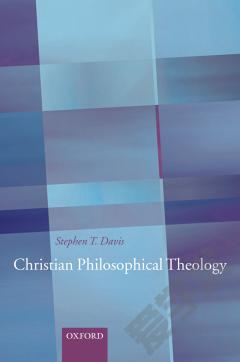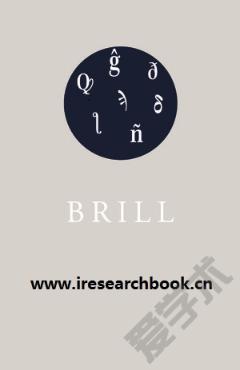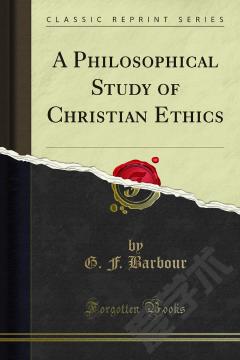The Beginning of Christian Philosophy
The problems which Christians faced in the second-century world, with its variety of religious beliefs, have a close relation to those which confront them today. The new religion was presented with a range of external threats and criticism which evoked a vigourous, fundamental and imaginative response. The arguments of this most creative period of Christian thought were of a more general and philosophical kind than the discussions of dogmatic issues in the fourth and fifth centuries, and are properly regarded as the beginning of Christian philosophy, though this does not of course imply the emergence of a 'system' or a uniformly philosophical level of writing. Professor Osborn's method in this book, derived from analytic philosophy, is to elucidate specific questions which occupied four major writers from different centres of early Christianity: Justin, Irenaeus, Tertullian and Clement of Alexandria. Is there one God and can one speak of him? Is man free and has he any link with God? Why has a good God made a world in which evil is so evident? Has history a meaning? Who is Jesus Christ?
{{comment.content}}








 京公网安备 11010802027623号
京公网安备 11010802027623号